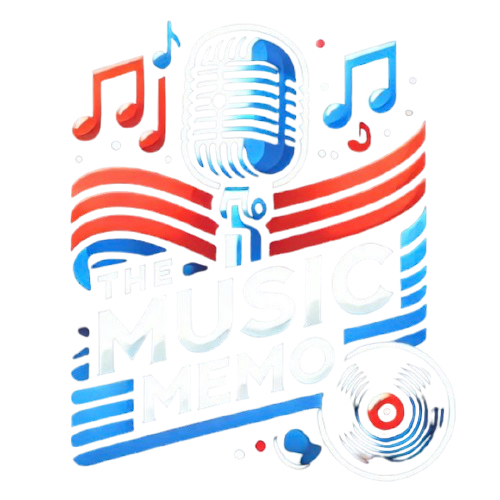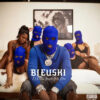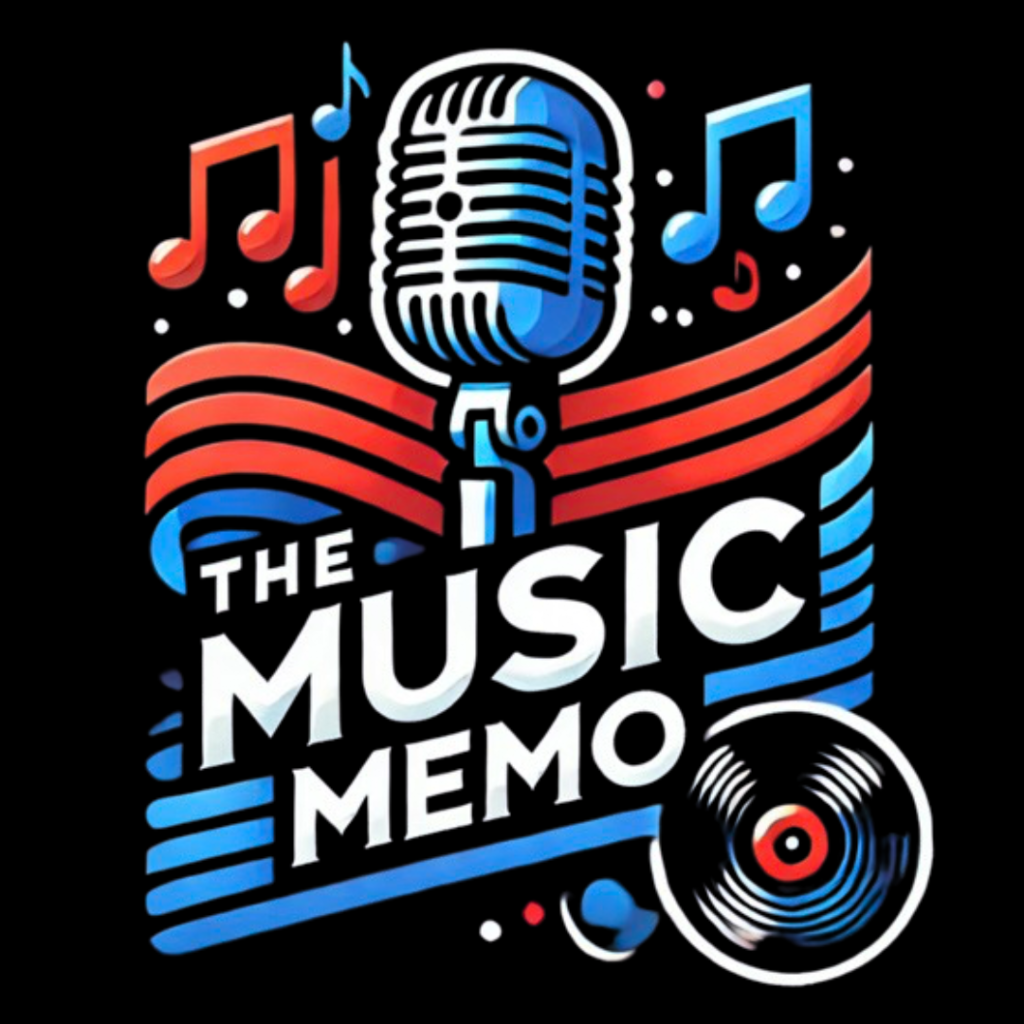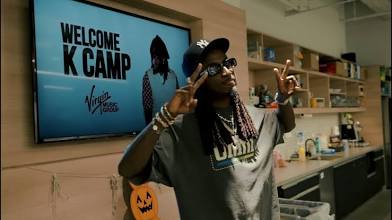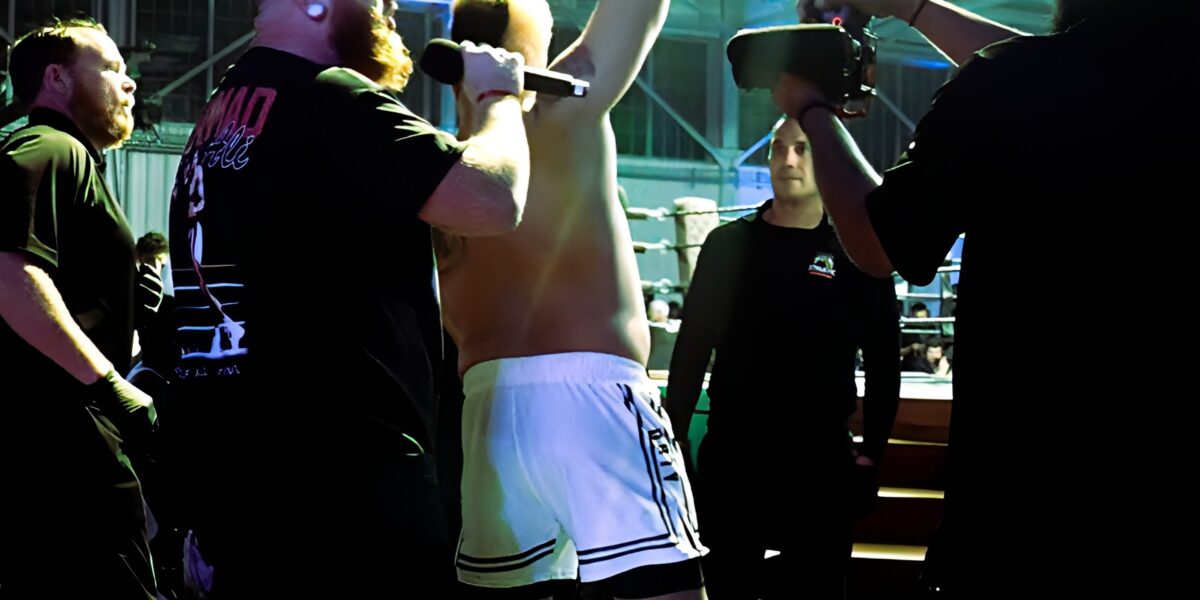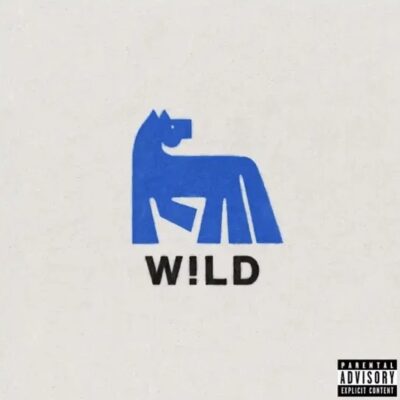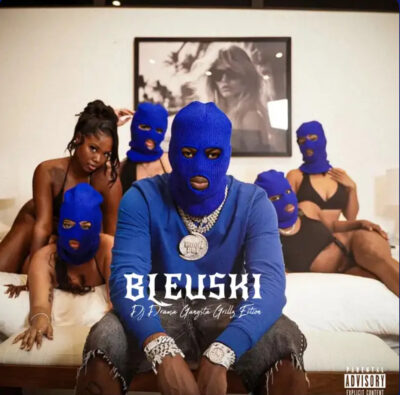From “reuniting” the Fab Four with songs from their solo days, to returning surviving superstar Paul McCartney’s voice to its youthful peaks and reimagining later productions, the new album will see just how far this technology goes. It shows off what has been achieved and increases the euphoria. There are many ethical and legal issues.
“I’m sobbing! It’s so beautiful!!!” one listener wrote in a typical YouTube comment to a fan-made AI cover of McCartney’s 2013 single “New.” The cover features an aging vocal and a bridge part “sung” by his great songwriting partner and friend, the late John Lennon.
Equally impressive is the version of “Grow Old With Me”, one of the last songs John Lennon wrote, released posthumously after his murder in 1980 and recently It was remade by an AI creator called “Day Limus”.
With enhanced audio quality, orchestral arrangements and harmonious backing vocals that recall the heyday of Liverpool rockers, the song’s most poignant moment is McCartney’s soaring melody with poignant lyrics about aging. It happens the moment you sing
“When I hear this, I forget it. I talked about sentimental resonance in a recent video.
Fans were deprived of the final “happy ending” after one of history’s most influential bands had a bitter farewell, he said. “So when that reunion is artificially and persuasively brought about by AI, it’s amazingly emotional.”
– There, Anywhere, AI –
Like their previous song called “Heart on a Sleeve,” which featured AI-generated vocals from Drake and The Weeknd and had millions of hits on TikTok and other platforms, these covers uses a scraping technique that analyzes and captures specific vocal nuances.
Perhaps the creators sang the part themselves and applied a duplicated voice, similar to applying a filter to a photo.
The results may be surprising, but getting there won’t be easy and will require skilled human operators who combine new AI tools with extensive knowledge of traditional music processing software, says the Toronto-based company. Zohaib Ahmed, CEO of voice cloning company Resemble AI, told AFP. .
“I think the population that has access to these tools is still very small,” he says. They have to “get over it, read the documentation, get the right computer, and then put it all together.”
Ahmed’s company is one of several that provide a platform that makes technology more accessible to entertainment clients, using the company’s technology to bring late art icon Andy Warhol to life. A recent Netflix documentary series “narrated” counts as an early success.
For Patricia Alessandrini, composer and assistant professor at Stanford University’s Center for Musical and Acoustic Computer Research, the recent wave of AI tracks is about technologies that are largely invisible despite exponential progress. It indicates that they have reached maturity. For the last 10 years.
“This is a great example of how AI can be good at anything similar: training it on existing things,” she told AFP.
But when it comes to new ideas, she adds, she struggles. “I have no hope that the rich history of human creation of art and culture will ever be replaced,” she said.
– A lawsuit is filed –
For the music industry, the impact is immeasurable. With the advancement of technology, it won’t be long before we have software that allows people to easily transform their vocals into one of their favorite singers.
“Everybody is happy when they get paid for vocal licenses,” said Onotera. “But what if they’ve been dead for a long time? Does it depend on their property?”
AI has already proven to have a huge impact on the world of copyright.
In the case of “Heart on a Sleeve,” Universal Music Group quickly claimed copyright infringement and had the track removed from its streaming service, but it continued to resurface on smaller accounts.
New York-based music copyright attorney Mark Ostrow told AFP that AI-generated music is a “gray area.”
Copyright can be claimed by both the songwriter whose material is used and the owner of the master recording.
Meanwhile, the creators of the AI cited a 2015 court ruling that Google was allowed to archive books around the world because it wasn’t competing with the sellers and only displayed snippets. may argue that AI falls under “fair use”.
But last month, the US Supreme Court turned the tables when it ruled that a Warhol print of the late pop star Prince infringed the copyright of the photographer who took the original image.
In addition to this, celebrities can also protect their likenesses under “rights of publicity.” This right was established in the late 1980s when Bette Midler won a lawsuit against Ford Motor Co. for using a singer who looked like him in an advertisement.
Ultimately, “I think there could be a voluntary industry standard, or it would be decided by litigation,” Ostrow said.
Rights holders will also need to consider the negative public relations that could result from suing over works that are clearly fan-created homages and not intended to be monetized.
